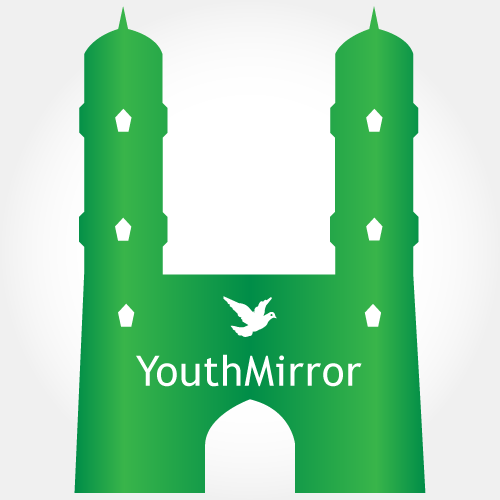As we are all aware, Ramadan fasting is one of the five pillars of Islam – which is obligatory on the rich and poor alike – unlike the rich-centric charity and Hajj. Quite contrary to the beliefs widely held in the society that it is a month of fasting during the daytime and feasting at night, Ramadan Kareem is a month of extreme physical as well as spiritual significance.
Physically, it is a month that aims at bringing about a yearly discipline in the food habits of an individual.
The resultant thirst and hunger also helps the rich comprehend the trials and tribulations that the poor undergo on a daily basis. This in turn paves way for charity.
For the poor and downtrodden, it is a time when they get to feel that the world cares. The free meals, charity, and all other arrangements is after all a commandment from the Lord of the Worlds, being fulfilled by humble Believers.

Spiritually, it is a month of immense significance, as the Holy Qur’an was revealed to the Final Prophet Muhammad (PBUH) during this month. Thus, it is a time when many faithful take some time out to read, reflect, and connect with Allah by reading through the Qur’an.
It is a month wherein every good deed is rewarded with greater intensity compared to the rest of the year. This explains the rush in paying charity, massive crowds in mosques, and Qur’an recitations.
Ramadan fasting has a practical advantage as well. It is a time and occasion that unites humans of all races – Black, Caucasian, East Indian, Mongolic, Aboriginal, Polynesian, Australoid – something which Islam as a way of life stands for.
It is a season that brings about togetherness, by virtue of which the rich and poor, the Sunni and Shia, the Bihari and Bengali, the Kirghiz and Uzbek, the Arab and Kurd, assemble under the roof of a mosque to break their fast.
Let us thus take a cue from the Qur’an and the Hadeeth, and reflect as to why Ramadan has been ordained for Mankind.
If at the end of the day, our fasts have only centred around Iftar parties and Eid shopping, and have not been able to let us grow as human beings, and did not lead us towards striving for society via charity and equality, then it would be as though we were nodding our heads in class though we understand nothing.
